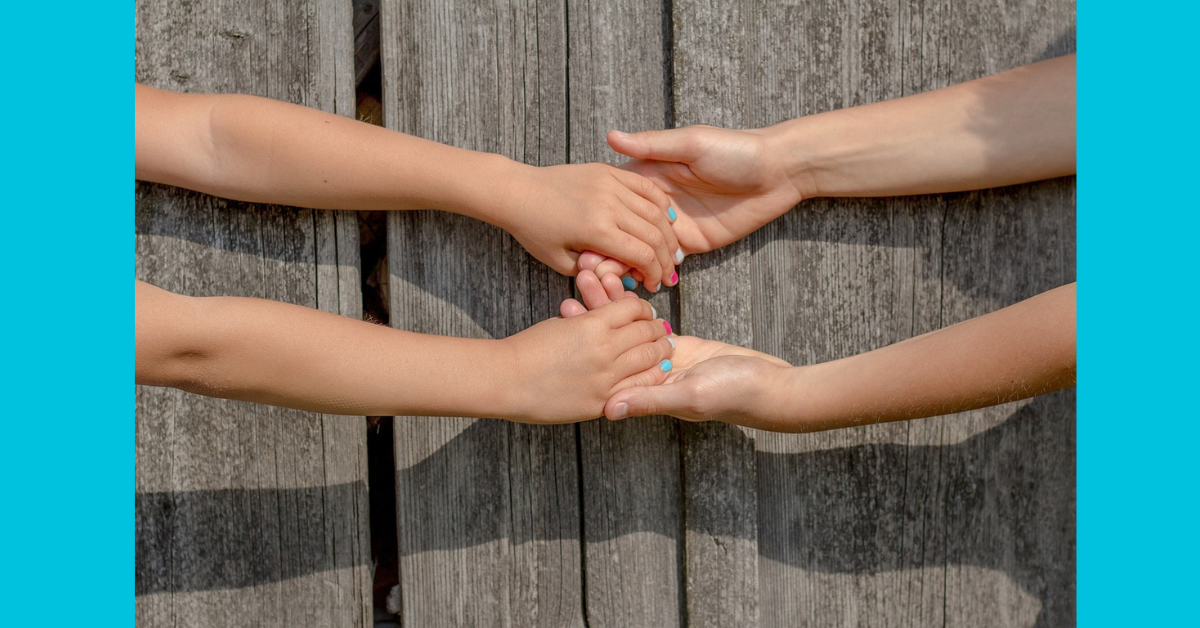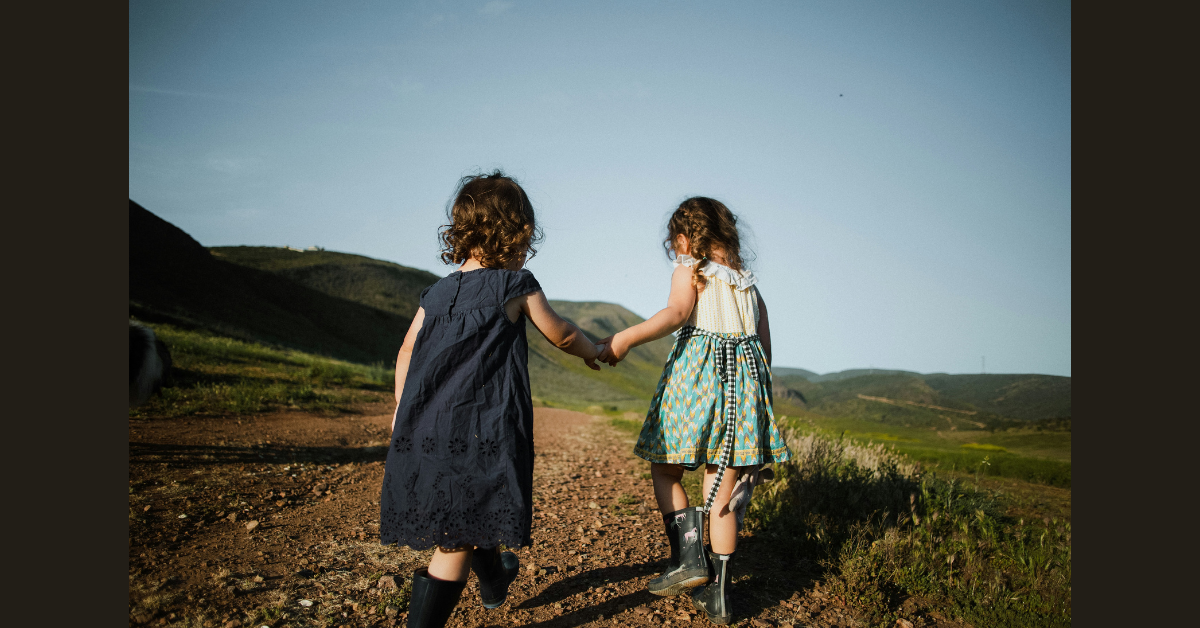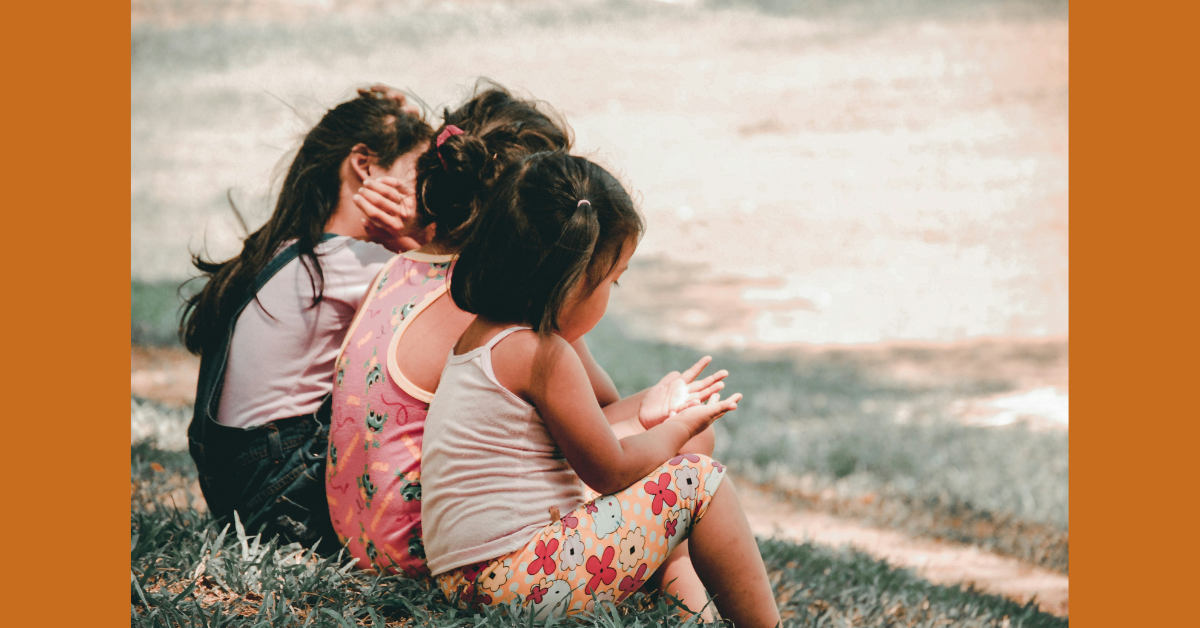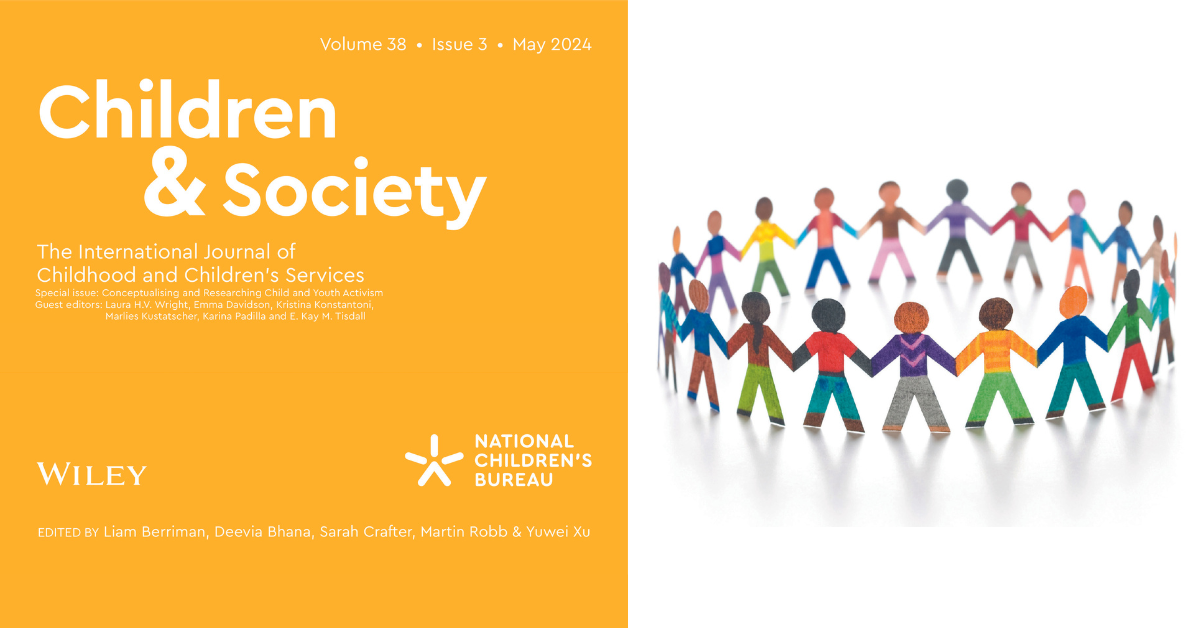Author: CYS
Reading Time: 3 minutesChildren’s participation is particularly testing to our adult attitudes, systems and ways of working. This is true in everyday practices – whether in family homes, early year settings and schools, or community spaces – and even more so when addressing power in national policy-making.
Reading Time: 3 minutesChildren are undoubtedly one of the most vulnerable groups in society, often highly reliant on public services and the most likely to suffer from reductions in public spending. It is therefore particularly important to monitor the realisation of children’s human rights through public authorities reporting and carry out impact assessments of the decisions they make.
Reading Time: 3 minutesThis ethnographic study draws inspiration from contemporary research on Slow Pedagogy and Froebelian approaches to investigate how a slow pedagogical approach may influence children’s transitions from Early Learning and Childcare (ELC) to formal schooling. The concept of Slow Pedagogy, which highlights the importance of time for observation, reflection, and a pace that supports children’s agency, alongside Froebelian principles that promote children’s self-expression and discovery, have served as theoretical foundation for this study.
Reading Time: 5 minutesThe Scottish Law Commission has been consulting on a range of new proposals to improve civil remedies for domestic abuse, including in cases of child contact and domestic abuse. While the need for enhanced civil justice responses is well-evidenced in their work, our research[1] on child contact and domestic abuse shows that effective change demands much more than new, or minor amendments to, legislation.
Reading Time: 4 minutesAll children have human rights. Article 1 of the United Nations Convention on the Rights of the Child (CRC) establishes that, for the purposes of the Convention, “a child means every human being below the age of eighteen years”. The UN Committee on the Rights of the Child states that “The Convention requires that children, including the very youngest children, be respected as persons in their own right” (2005, page 3).
Reading Time: 7 minutesIncorporation of the United Nations Convention on the Rights of the Child (UNCRC) into Scots law represented a pivotal moment in Scotland’s efforts to become a nation where children’s human rights are taken seriously and where there is accountability for them.
Reading Time: 2 minutesRemember that paper you’ve been avoiding for months? The one that makes you suddenly discover a burning desire to reorganise your sock drawer? Well, what if I told you that two days of “structured procrastination prevention” could transform it – from a cloud that is following you around – to an almost conquered challenge?
Reading Time: 3 minutesReading to Dogs (RTD) in classrooms may at first seem unconventional, yet research in favour of the practice is growing. RTD programmes, intended to support wellbeing and reading, are undoubtedly becoming more popular across schools in the UK and abroad, with demand often exceeding supply.
Reading Time: 4 minutesRecent years have seen an increase in the popularity of various forms of nature-based learning (which refers broadly to engagement with nature for the purpose of play, learning, and development), including forest school.
Reading Time: 2 minutesWe are thrilled to announce the launch of a new Children & Society special issue, ‘Conceptualising and Researching Child and Youth Activism’. The collection seeks ‘to provide a platform for the range of child and youth activism emerging globally and the participatory methods that contribute to these movements’.












Recent comments